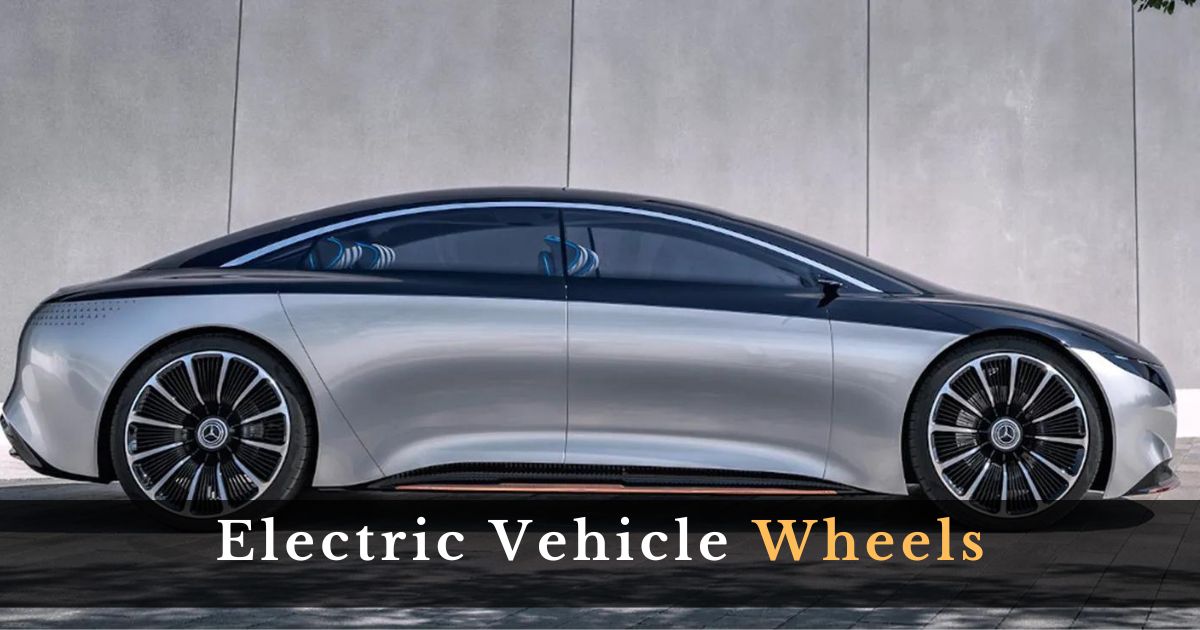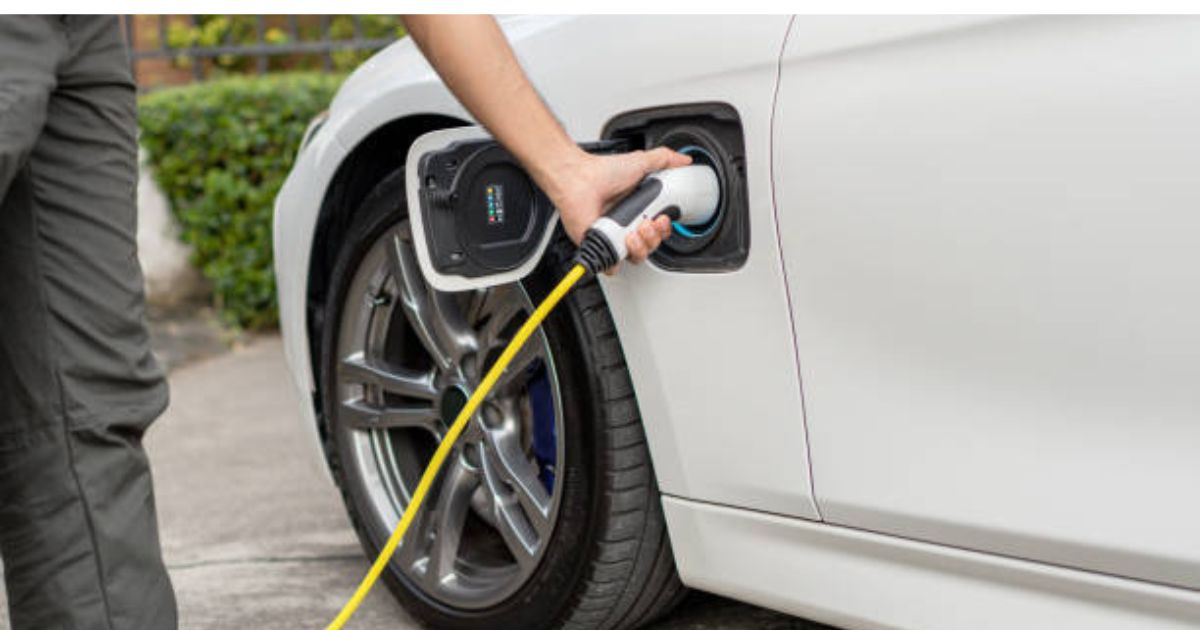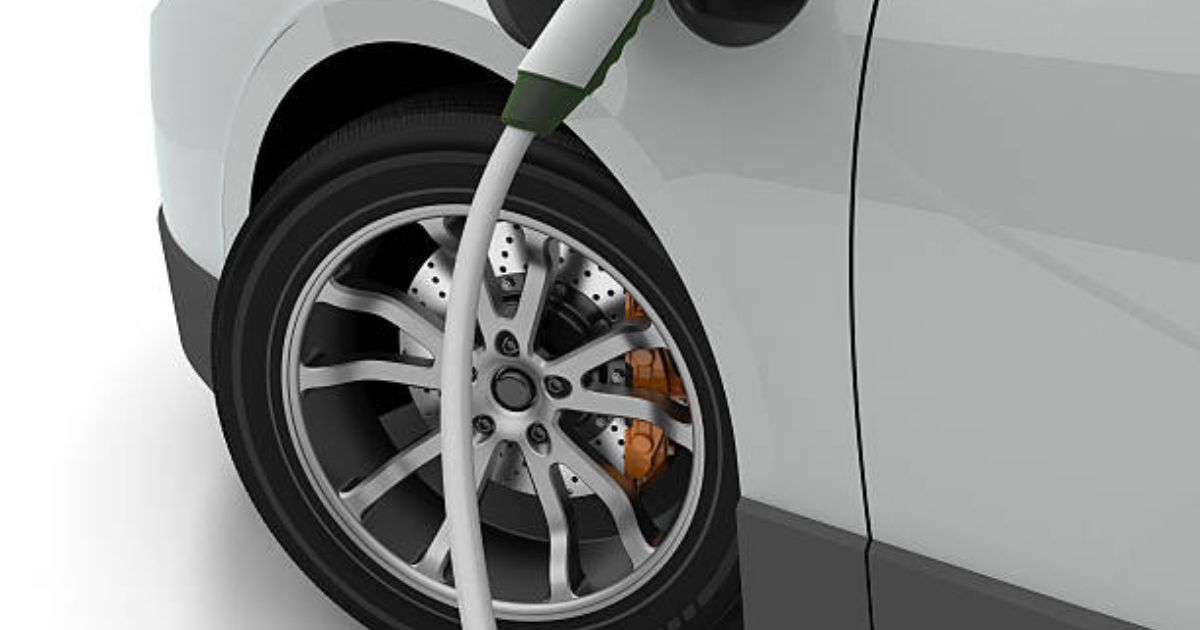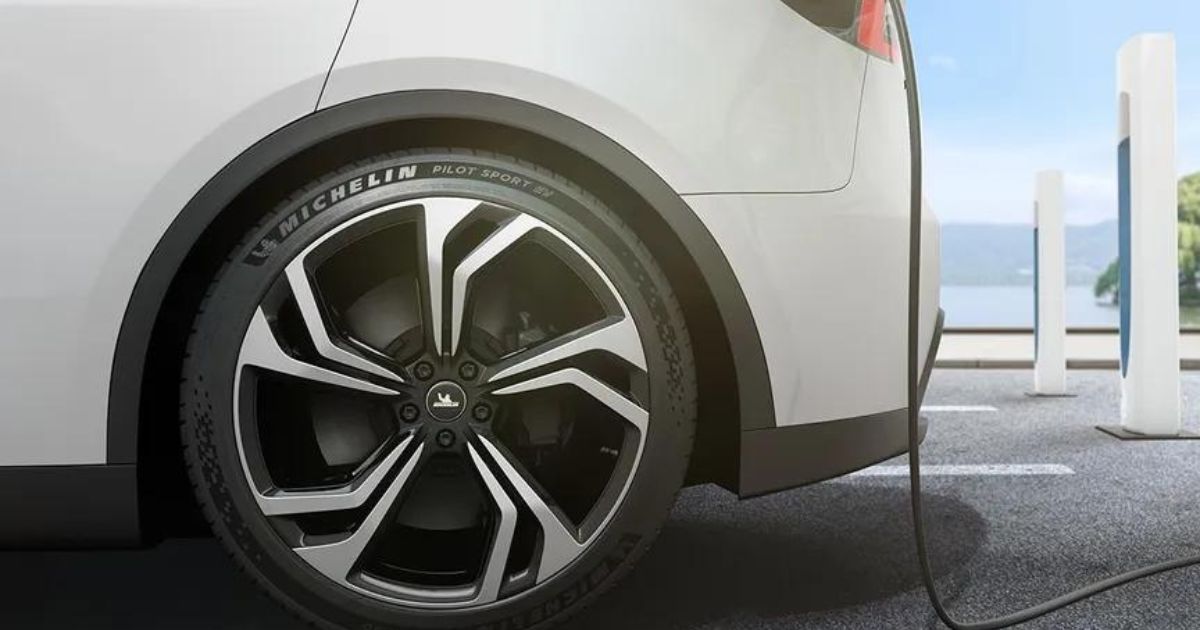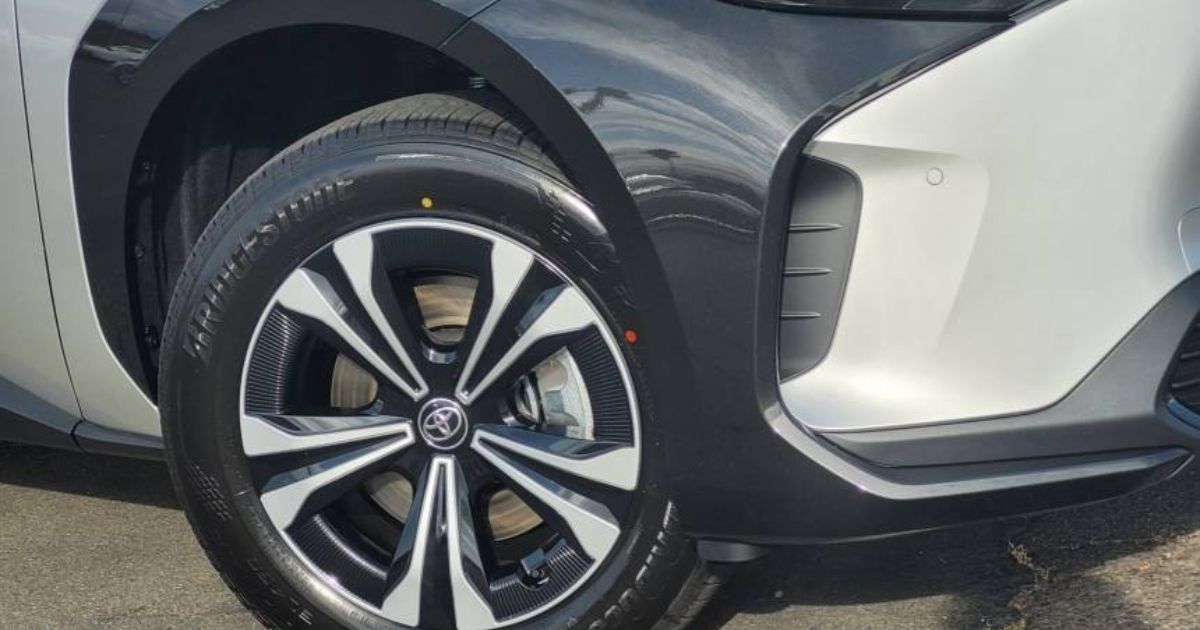Electric vehicle wheels, Electric vehicles (EVs) are becoming increasingly popular as people look for more eco-friendly transportation options. One essential component of any vehicle, including EVs, is the wheels. In this article, we’ll dive into the importance of wheels for electric vehicles, the types of wheels available, and some tips for maintaining them.
Electric Vehicle Wheels: Everything You Need to Know
Introduction
Electric vehicles (EVs) are rapidly becoming the future of transportation. As more people switch to these eco-friendly cars, understanding their components is crucial. One of the most important yet often overlooked components is the wheels. Wheels not only support the vehicle but also significantly impact its performance, efficiency, and safety. In this comprehensive guide, we’ll dive deep into the world of electric vehicle wheels, exploring their design, materials, maintenance, and more.
History of Electric Vehicle Wheels
The journey of EV wheels began with the early electric cars of the late 19th and early 20th centuries. These initial designs were quite basic, often adapted from horse-drawn carriages. As technology progressed, so did wheel design. The development of pneumatic tires and stronger materials paved the way for modern EV wheels, which are now a blend of advanced engineering and cutting-edge materials.
Components of Electric Vehicle Wheels
To understand EV wheels, it’s essential to know their main components:
Tires: The rubber part that makes contact with the road.
Rims: The metal part that holds the tire in place.
Hubs: The central part of the wheel that connects to the axle.
Bearings: Allow the wheel to rotate smoothly with minimal friction.
| Part | Description |
| Rim |
The outer ring that supports the tire.
|
| Spoke |
The metal bars that connect the rim to the hub.
|
| Hub |
The center part of the wheel that connects to the axle.
|
| Tire |
The rubber cover that goes around the rim and provides grip on road.
|
| TPMS Sensor (Optional) |
A sensor that monitors tire pressure and transmits data to the car’s computer.
|
| Lug Nuts |
The nuts that secure the wheel to the hub.
|
Types of Tires for Electric Vehicles
Choosing the right tires for your EV can greatly affect performance. Here are the main types:
All-season tires: Versatile for most conditions.
Winter tires: Designed for icy and snowy roads.
Summer tires: Optimal for warm weather and dry roads.
Low rolling resistance tires: Improve efficiency by reducing friction.
Materials Used in Electric Vehicle Wheels
The materials used in EV wheels have a big impact on their performance and durability. Common materials include:
Steel: Strong and durable, but heavier.
Aluminum: Lighter than steel, offering better efficiency.
Carbon fiber: Extremely light and strong, but expensive.
Composite materials: Combine various materials for enhanced properties.
Design Considerations for Electric Vehicle Wheels
When designing EV wheels, several factors are taken into account:
Aerodynamics: Minimizing air resistance to improve range.
Weight reduction: Lighter wheels enhance efficiency and handling.
Durability: Must withstand various road conditions and loads.
Noise reduction: Designed to minimize road noise for a quieter ride.
Impact of Wheel Design on EV Performance
The design of EV wheels can significantly affect the vehicle’s performance:
Range and efficiency: Lighter, aerodynamic wheels can extend the driving range.
Handling and stability: Properly designed wheels improve maneuverability.
Acceleration and braking: The right wheels enhance response times.
Manufacturing Process of EV Wheels
The process of making EV wheels involves several steps:
Forging: Shaping metal using compressive forces.
Casting: Pouring molten metal into molds.
Machining: Precision cutting and finishing of the wheels.
Innovations in Electric Vehicle Wheels
The EV wheel industry is constantly evolving with new technologies:
Smart tires: Equipped with sensors to monitor tire conditions.
Airless tires: Eliminate the risk of flats and offer longer life.
Self-healing tires: Can repair minor punctures automatically.
Choosing the Right Wheels for Your Electric Vehicle
When selecting wheels for your EV, consider:
Driving conditions: Choose tires based on the typical weather and road conditions.
Performance needs: Consider how wheel design affects efficiency and handling.
Brand reputation: Look for trusted brands known for quality and reliability.
Maintenance of Electric Vehicle Wheels
Proper maintenance ensures your wheels last longer and perform better:
Regular inspection: Check for damage or wear.
Tire rotation: Helps achieve even wear.
Balancing and alignment: Prevents vibrations and uneven wear.
Common Issues and Troubleshooting
Some common wheel-related issues include:
Uneven wear: Often caused by improper alignment or inflation.
Vibration and noise: Can indicate balance issues or worn bearings.
Punctures and flats: Regularly check for sharp objects and maintain proper inflation.
Environmental Impact of EV Wheels
EV wheels have a role in sustainability:
Recycling and disposal: Many wheel materials can be recycled.
Sustainable materials: Manufacturers are increasingly using eco-friendly materials.
Future Trends in Electric Vehicle Wheels
The future of EV wheels looks promising with ongoing advancements:
Advancements in technology: Expect more innovations like smart and self-healing tires.
Predictions for the next decade: Lighter, more durable, and efficient wheels will become standard.
Electric vehicle wheels are a critical component that influences overall performance, efficiency, and safety. By understanding the history, materials, design considerations, and maintenance of EV wheels, drivers can make informed decisions to enhance their driving experience. As technology continues to evolve, the future of EV wheels looks bright, promising even greater advancements and sustainability.
FAQs
What are the good tires for electric vehicles?
The good tires for EVs depend on driving conditions, but low rolling resistance tires are often recommended for improved efficiency.
How often should I replace my EV tires?
EV tires typically last between 25,000 to 50,000 miles, but this can vary based on driving habits and conditions.
Can I use regular car tires on my electric vehicle?
While regular tires can be used, EV-specific tires are optimized for the unique demands of electric vehicles, such as higher torque.
What is the impact of wheel size on EV performance?
Larger wheels can improve handling and aesthetics but may reduce efficiency and range. It’s important to find a balance.
Are there specific brands recommended for EV wheels?
Brands like Michelin, Bridgestone, and Continental offer high-quality tires designed for electric vehicles, known for their performance and durability.


